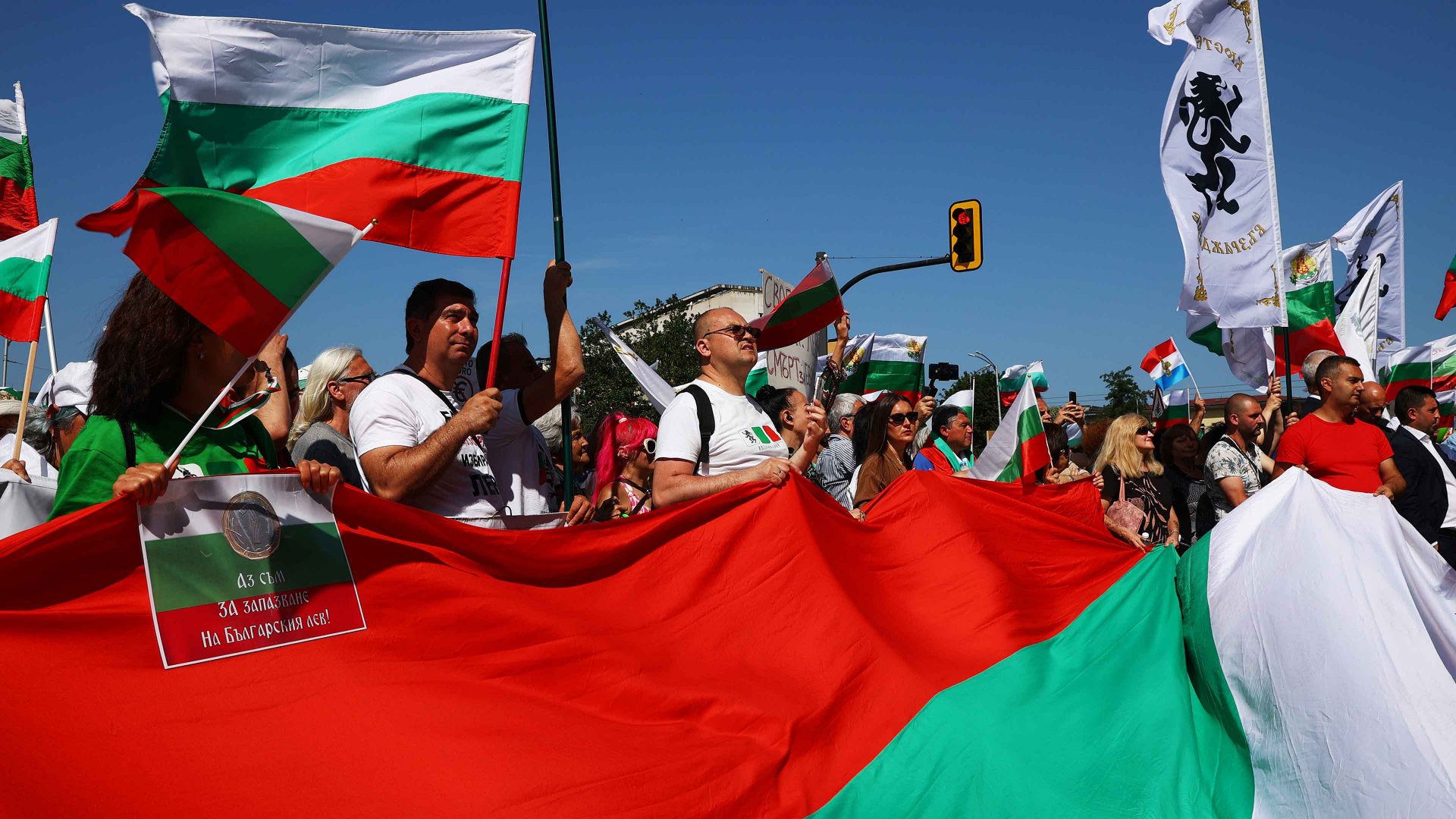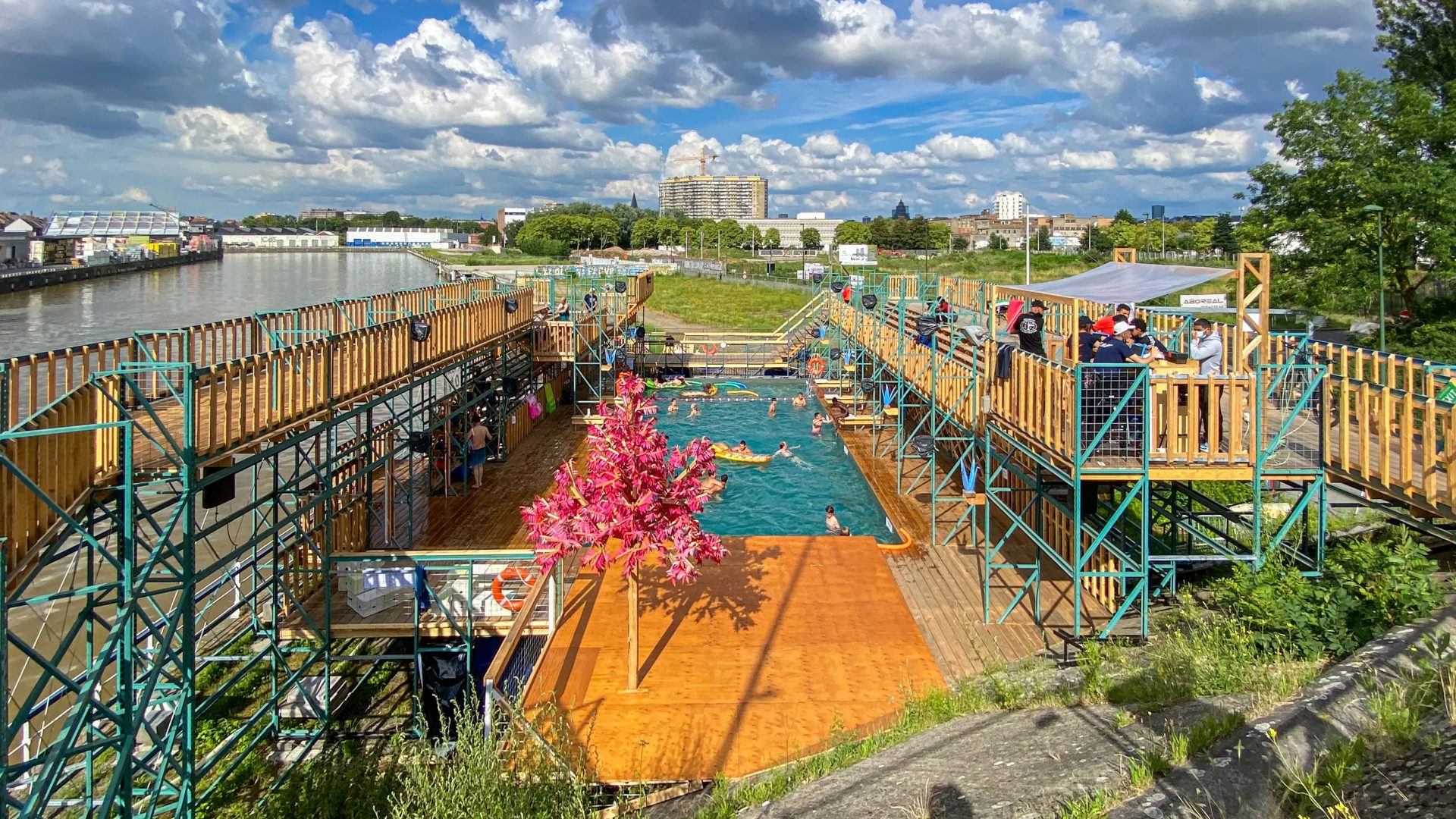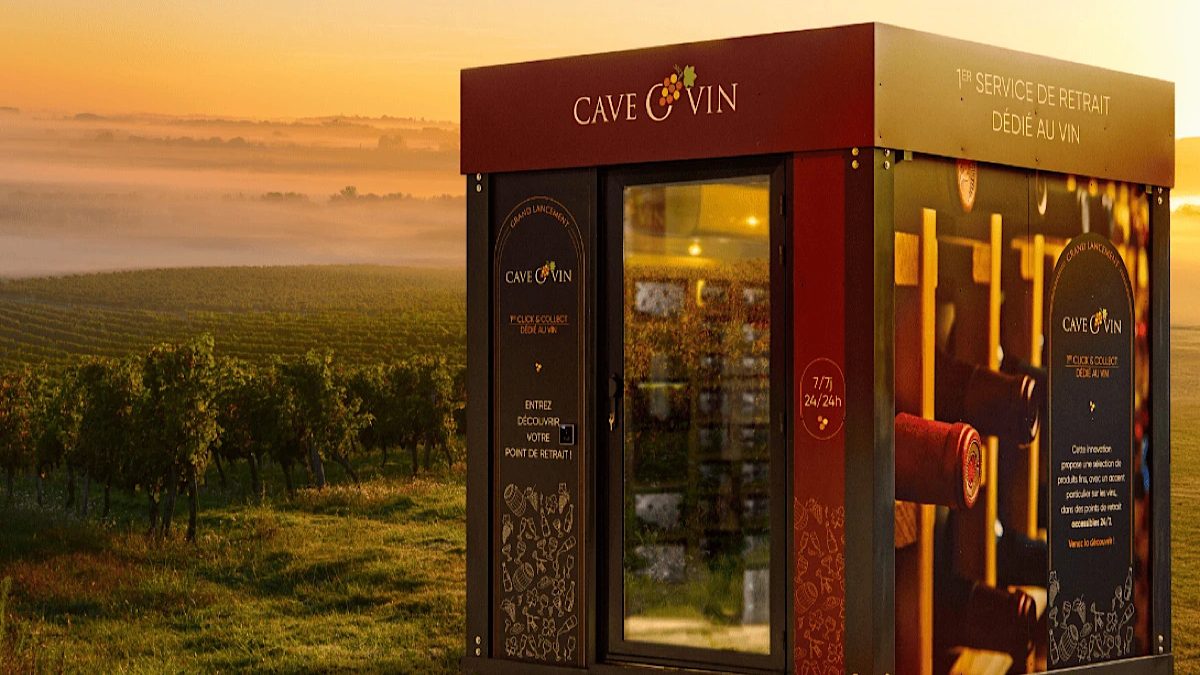“Bulgaria is a sacred land, a cradle of civilisation.” The proud claim wasn’t displayed on a glossy advertisement. Instead, it was scribbled on a placard at a recent anti-eurozone protest in Sofia.
I was visiting friends, procuring some sharena sol (a uniquely Bulgarian spice mix of fenugreek, paprika, pepper, and more) and delighting in the seemingly never-ending array of religious monuments. Just as importantly, I was also getting stuck into the cheap beer and sharp rakia, a kind of fruit brandy.
However, that protest, or rather the wider divisions within Bulgarian society that it encapsulated, were never far from the surface. The country is part way through its journey of European integration, with all the giddy promise and uncomfortable dislocation that brings. The country joined the European Union in 2007 when, by any reasonable assessment of the rule of law, market economy and civic freedoms, there were serious doubts over its readiness.
It’s a different story in 2025. At the start of the year, Bulgaria joined the Schengen zone, and has now met all necessary criteria to adopt the euro. That will happen next year. But a political crisis has led to seven elections in the past four years. President Radev is an outspoken critic of the euro, and last month called for a referendum on the issue, even though he lacks the constitutional authority to make it happen. Reasons against dropping the local currency, the Lev, range from the legitimate (loss of control over monetary policy) to the debatable (it will cause prices to surge) to the downright conspiratorial (individual savings would be appropriated and sent to Ukraine).
If Bulgaria joins the currency union, it will soon be as federally European as Belgium. Even the Bulgarian phrase for thank you is borrowed from French – merci being far more common than the formal blagodarya. But since joining Schengen, the border with Turkey has led to a permanent sense of migratory crisis, which is proving manna from heaven for the nativist populists who want to disrupt relations with the EU.
Like many Balkan states, Bulgaria is coming to terms with its sense of self and with the fact that it encapsulates the contradictions of the Balkans. I heard complaints about “Turks” in queues to order Turkish coffee. Metal busts of liberation heroes stands firmly in Gradina Park, amid stickers calling for the “White Nations” to “Defend Europe”, metres away from graffiti proclaiming brotherhood between fans of the CSKA football clubs Sofia and Moscow.
On the morning of June 2, I awoke to the sound of deafening air-raid sirens, later discovering it was in fact to commemorate the 19th-century revolutionary poet Hristo Botev.
So as that protester claimed, Bulgaria may indeed be a sacred land. My friend’s pictures from the top of Mount Vitosha could very well back up such claims: after a well lubricated, rakia-infused Friday night, I was not quite up for the eight-hour trek. Sofia itself is full of hidden depth, like the Club Maze bar that reeks of early 20th-century revolution. But Bulgaria’s civilisational claims need grounding, particularly with much of the country unconvinced about its European future.
It’s hardly the first European country to face divisions about its future, often along rural-urban and young-old divides, all of it amplified by Russian disinformation campaigns. But change is inevitable. Sofia has been transformed since the end of the cold war, and citizens are beginning to take action to redress the past. The people of Bulgaria may have enough about them to navigate these changes. But just expect it to be done Balkan style.
Thomas Law is a freelance writer and MA candidate at the University of Toronto’s Munk School



